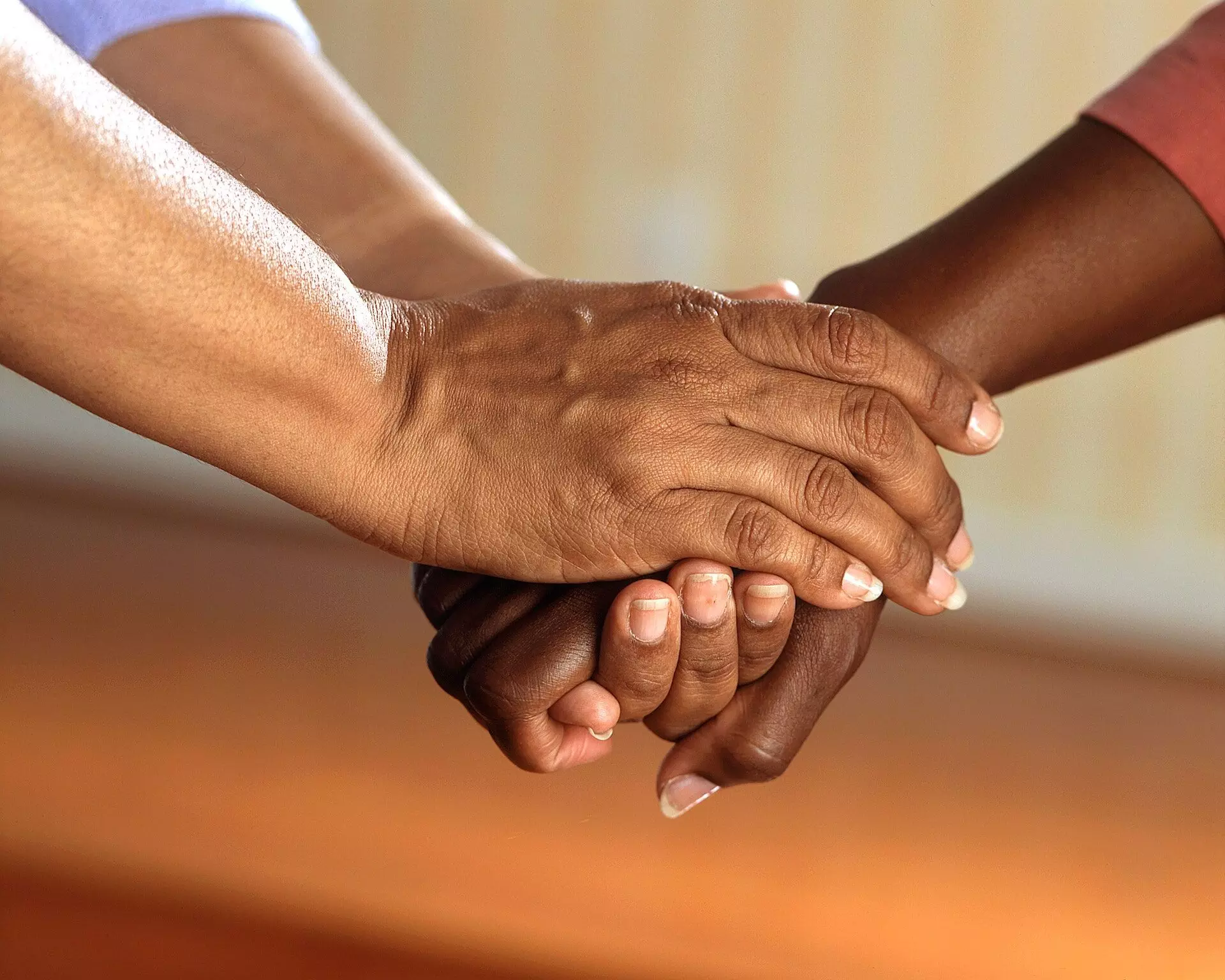Healing touch of compassion
Acts of kindness not just soothe the bereaved minds and souls of suffering individuals but also elevate the compassionate one’s own moral compass, self-esteem and well-being

“No act of kindness, no matter how small, is ever wasted.” - Aesop
World Kindness Day is celebrated as a part of the kindness movement, on November 13, as a day devoted to the positive potential of acts of kindness, big or small, to improve people’s quality of life and bring them together. Kindness is more than being nice. It is the quality of being friendly, generous, and considerate. More than its definition, it’s a feeling that is felt when given and received.
Some interesting results emerged from a fantastic new online study, The Kindness Test, that was introduced by BBC Radio 4 and involved over 60,000 participants from 144 countries. According to research, there is a connection between kindness and wellbeing, with two-thirds of respondents believing that the pandemic has made people friendlier. The study also showed that the most frequently performed act of kindness is to assist people when they ask for it. While extroverts are more likely to give and receive kindness; women and religious individuals are a bit more inclined to act kindly on average. It was noted that we worried about other people misinterpreting our attempts at compassion, hence leading to us avoiding a kind act. Over all, it was concluded that kindness is contagious and can be taught and expressed in many ways. Small acts of kindness can make a big difference.
The neuroscience behind kindness and why it feels so good:
It is scientifically proven that kindness, compassion, and altruism affect the brain and the overall well-being of individuals.
* Reward pathway activation: Kindness releases dopamine, which is associated with feelings of pleasure and reward.
* Oxytocin: Acts of kindness release oxytocin, the “bonding hormone,” which contributes to warm, connected feelings.
* Reduce stress: Kind acts reduce stress and anxiety by decreasing cortisol production.
* Brain imaging: Neuroimaging studies show increased activity in brain regions associated with empathy when people engage in acts of kindness.
* Neuroplasticity: Engaging in acts of kindness and compassion may lead to positive changes in brain structure and function over time.
* Mirror neurons: The monkey-see-monkey-do phenomenon seems to work due to the triggering of the mirror neuron network. When we see others perform a kind act, we carry similar ones out.
Kind acts create ripple effects and can even save a life. Here is how:
* Preventing suicide: Your call, your kind act, and reaching out may help someone feel less alone and more valued, potentially preventing them from taking harmful actions;
* Mental health support: People battling mental health issues look for kindness and understanding. This can encourage them to seek professional help and create hope;
* Combating loneliness: Acts of kindness, like visiting or reaching out to isolated individuals, can provide them with a sense of belonging and purpose;
* Emergency situations: In times of natural disasters, accidents, or other emergencies, kindness is often a lifeline. Strangers who assist one another, offer shelter, or provide first aid can save lives directly by offering immediate help.
How can you be kinder?
Begin with an intention to be kind. You can be kind to yourself, to others, and to the world.
Self
Be kind to yourself. Here is how:
* Practice self-care: prioritise yourself by taking time to do things that make you feel good;
* Be kind to your inner voice. Speak to yourself in a positive manner as you would to others;
* Set boundaries. Learn to say no more often;
* Forgive yourself. Instead of holding on to guilt, let go. Forgive yourself for any shortcomings.
Others
Volunteer, give compliments, donate to charity, hold the door for someone.
* Listen actively: Pay attention when others speak;
* Offer help: Ask people if they need help with a task or need emotional support;
* Give compliments: Give one, get one;
* Practice empathy.
World
* Reduce waste: Reduce your carbon footprint by recycling;
* Volunteer: Give back to your community;
* Be mindful of others;
* Spread kindness: Do something kind for someone else without expecting anything in return. Small acts of kindness can make a big difference in the world.
“Be kind, for everyone you meet is fighting a battle you know nothing about.” Wendy Mass
Send your questions to [email protected]



